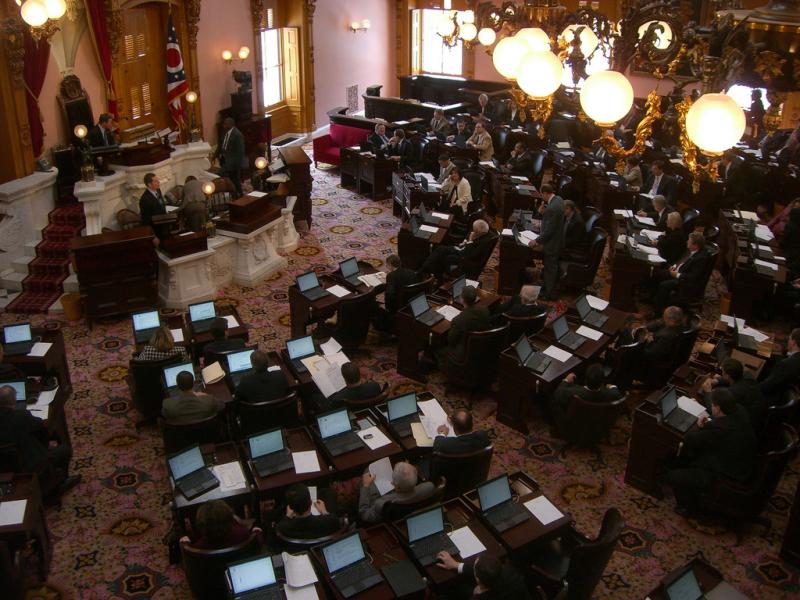
The coronavirus crisis has led to a lot of changes for occupational licensing.
Suddenly, states have recognized out-of-state licenses for health care workers like nurses and doctors, in order to bring in needed help for the frontlines. For similar reasons, a number of states have relaxed requirements for people trained in health care fields to get their initial license.
The pandemic shined a spotlight on licensing hurdles that were getting in the way of workers fighting coronavirus.
Of course, in normal times, that is the point of occupational licensing. Often driven by political favoritism, these rules restrict work by placing barriers between people and jobs. Barriers that can be very arbitrary, and costly – which has a pernicious effect on low-income workers and people starting off a career.
Now that it has been made clear how damaging licensing rules are for workers and movement between states, it is the perfect time for lawmakers to remove these burdens.
One great way to do that is universal recognition, meaning if someone has earned and maintained license in good standing in “state A”, that license is recognized in “state B”, and they can work in their new state without starting from scratch to earn a new license for the same profession.
If doctors and nurses who require extensive training can go from one state to another, cosmetologists, barbers, landscapers, and alike surely can as well.
Arizona and Missouri have passed universal recognition already, and North Carolina and Ohio currently have similar bills pending.
These states are great examples of the negative impact of licensing, and how to act to address that problem.
According to an Institute for Justice study, the cost of licensing to Ohio amounts to 67,000 jobs and over $209 million lost. Meanwhile over $6 billion in resources have been misallocated.
On North Carolina, IJ reports, “It takes just 39 days of training to earn a license as an emergency medical technician in North Carolina, but substantially more to become a licensed manicurist (70 days), massage therapist (117), skin care specialist (140), cosmetologist (350) or barber (722). Occupations like these, where training required does not line up with public safety concerns, make possible targets for reform.”
Ohio embarked on a path of reform in 2018, passing a landmark sunset review process for licenses that requires licensing boards to recommend which licenses should be eliminated, and which should be retained. The burden of proof is on the boards, as they must prove a license is critical to public safety to keep it. Licenses that the legislature does not vote to keep eventually sunset.
The Buckeye State also passed licensing reciprocity for military spouses, Senate Bill 7, signed into law by Gov. DeWine this year.
Now, House Bill 432 sponsored by Rep. Jena Powell, and its Senate companion sponsored by Sen. Kristina Roegner and Sen. Rob McColley, offer the chance for full universal recognition.
North Carolina’s universal recognition legislation is Senate Bill 773, sponsored by Sen. Chuck Edwards, Sen. Andy Wells, and Sen. Norman Sanderson.
The state’s think tank, the John Locke Foundation, writes, “Let’s not forget that occupational licensing reform has long been a bipartisan issue. In recent years “red” and “blue” states alike have made significant licensing reforms. In fact, one of the strongest cases for reforming occupational licensing was made in a 2016 white paper by the Obama/Biden administration.”
Both the Trump and Obama administration have recommended licensing reform to the states.
North Carolina is not stopping there, more licensing reform proposals are also on the table, including a sunset review process similar to Ohio’s.
This is the kind of comprehensive approach that will make Ohio and North Carolina more friendly to workers, especially people starting out new careers, and moving in from other states.
It shouldn’t take a pandemic to show how restrictive occupational licensing is, but since it has, taxpayers should urgently support reform that gets these arbitrary government barriers to work out of the way.

